Five Prudent Steps To Keep Your Car's Engine Running Smoothly
The heart of your car, its engine, works tirelessly to convert fuel into the mechanical power that gets you where you need to go. Given its pivotal role, maintaining it in top shape is an absolute must. An unhealthy engine can result in poor performance, higher fuel consumption, or even an unexpected breakdown, leaving you stranded and frustrated. Fortunately, maintaining your engine's health is not rocket science. It requires regular attention and a good understanding of what your engine needs. So, let's dive into the five practical ways to keep your car's engine in peak condition.
1. Regular Oil Changes
Oil is the lifeline of your car's engine. It lubricates, cools, and cleans the engine components, ensuring smooth operation. However, over time, oil can get contaminated with dust, dirt, and debris from the engine and the environment. Additionally, the oil's effectiveness reduces with usage. Hence, regular oil changes - typically every 3000 to 5000 miles, or as recommended by your car's manufacturer - are essential to maintain optimal engine health. It's also important to use the correct type and grade of oil, which will depend on your vehicle model and the prevailing climatic conditions.
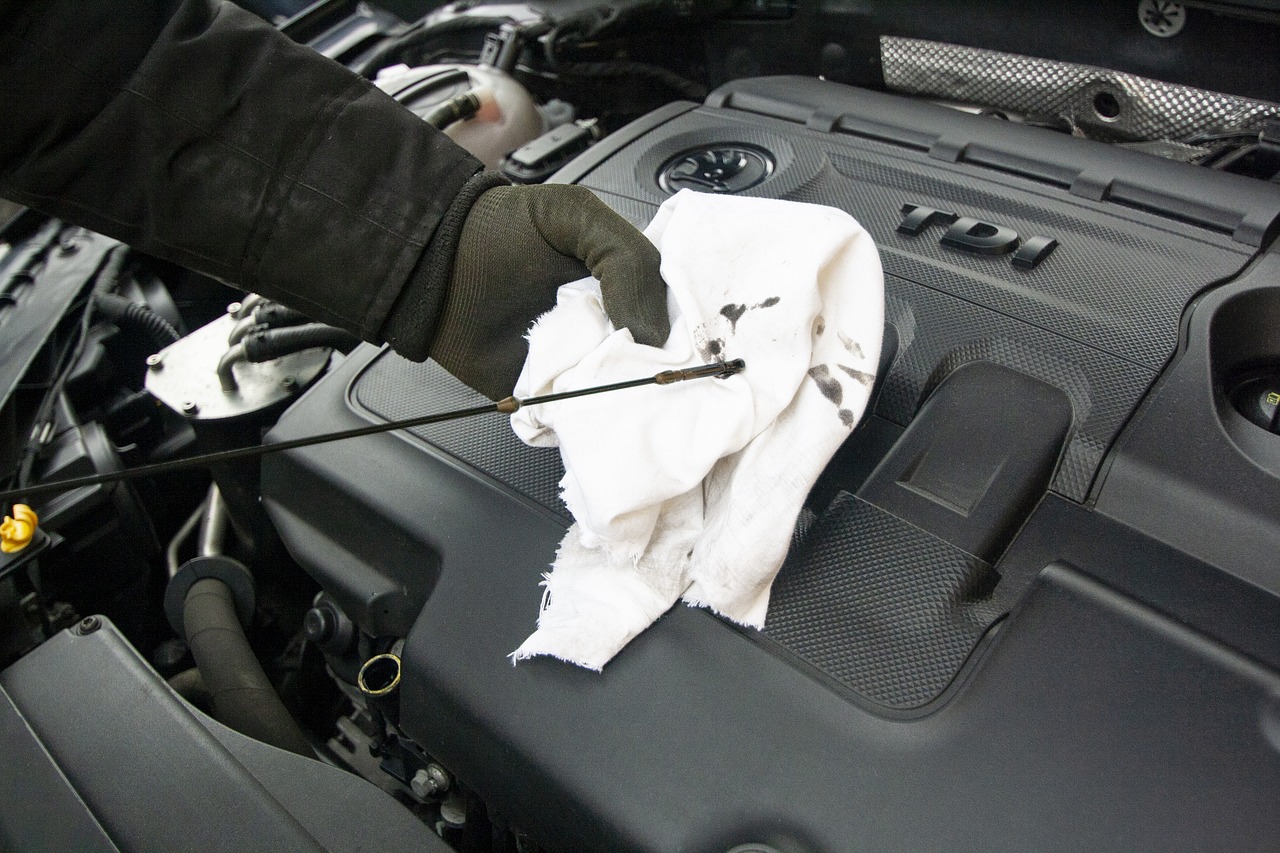 Image by Skica911 from Pixabay
Image by Skica911 from Pixabay
2. Keeping It Clean
A dirty engine can lead to significant problems. Dirt and debris act like sandpaper, gradually wearing down engine components. Plus, a buildup of debris can cause the engine to overheat, leading to more serious damage. Hence, it's vital to keep your engine clean. Regularly check for leaks, as oil or coolant leaks can attract and accumulate dust and debris. Consider getting your engine professionally cleaned periodically, especially if you frequently drive in dusty or dirty conditions.
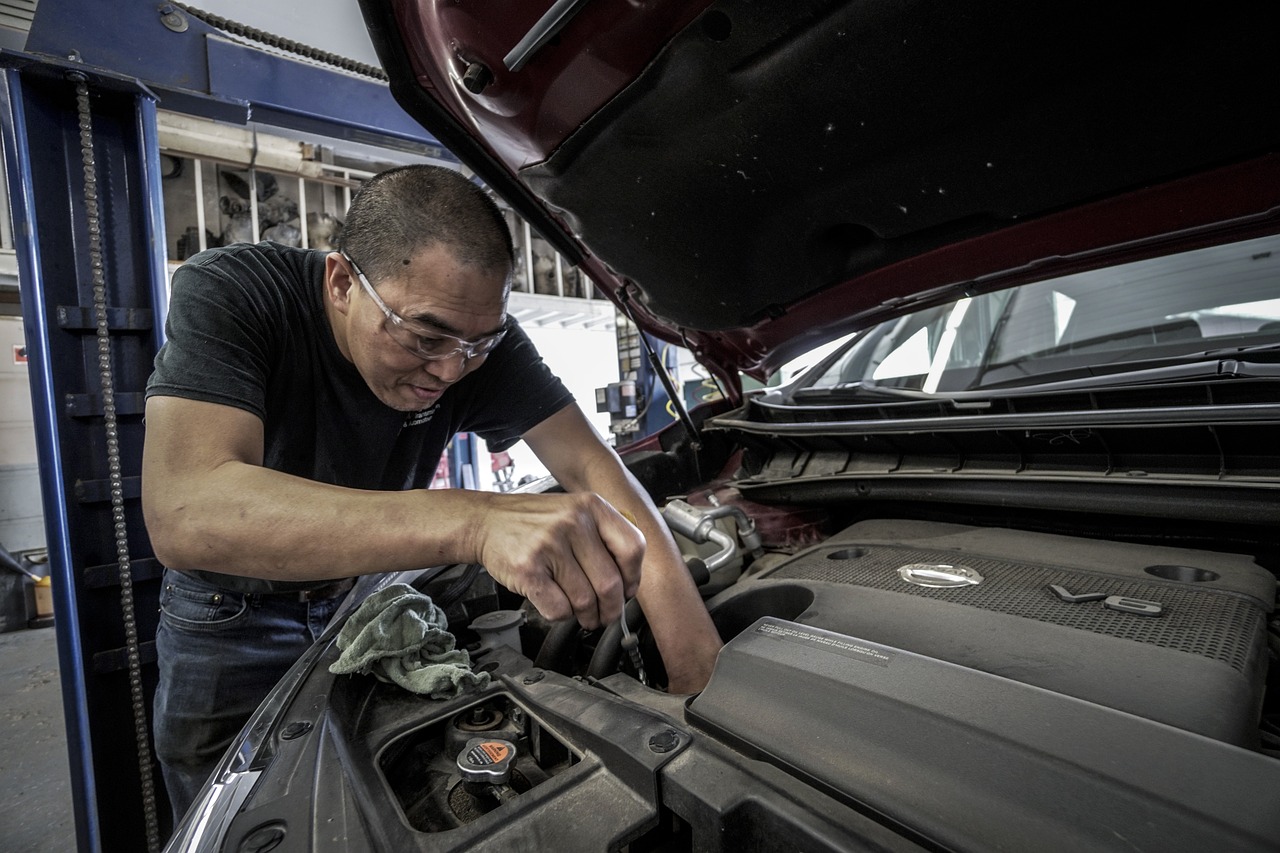 Image by Ryan Doka from Pixabay
Image by Ryan Doka from Pixabay
3. Timely Tune-ups
A timely tune-up can do wonders for your engine's health and performance. Regular tune-ups, usually done every 10,000 to 12,000 miles or annually, can help maintain optimal fuel efficiency, reduce emissions, and extend the life of your engine.
This includes checking and, if necessary, replacing components like spark plugs, air filters, and fuel filters, which can become less effective over time.
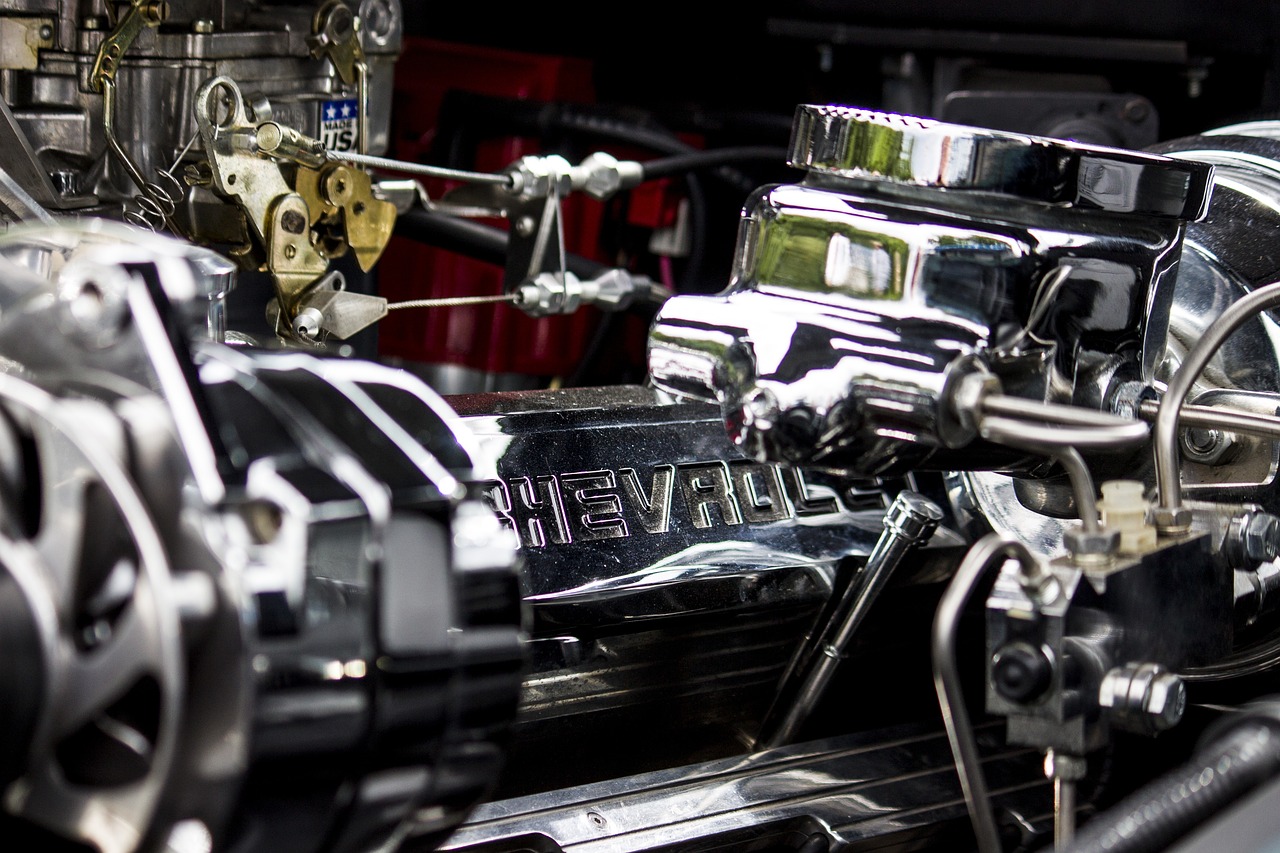 Image by Thomas Rüdesheim from Pixabay
Image by Thomas Rüdesheim from Pixabay
4. Using Quality Fuel
Not all fuels are created equal. Cheaper, lower-quality fuels can contain impurities that can cause deposits to build up in your engine, reducing its efficiency and life span. High-quality fuels, on the other hand, often contain additives that can help keep the engine clean and running smoothly. Therefore, it's worth considering investing in good quality fuel to keep your engine in good shape over the long run.
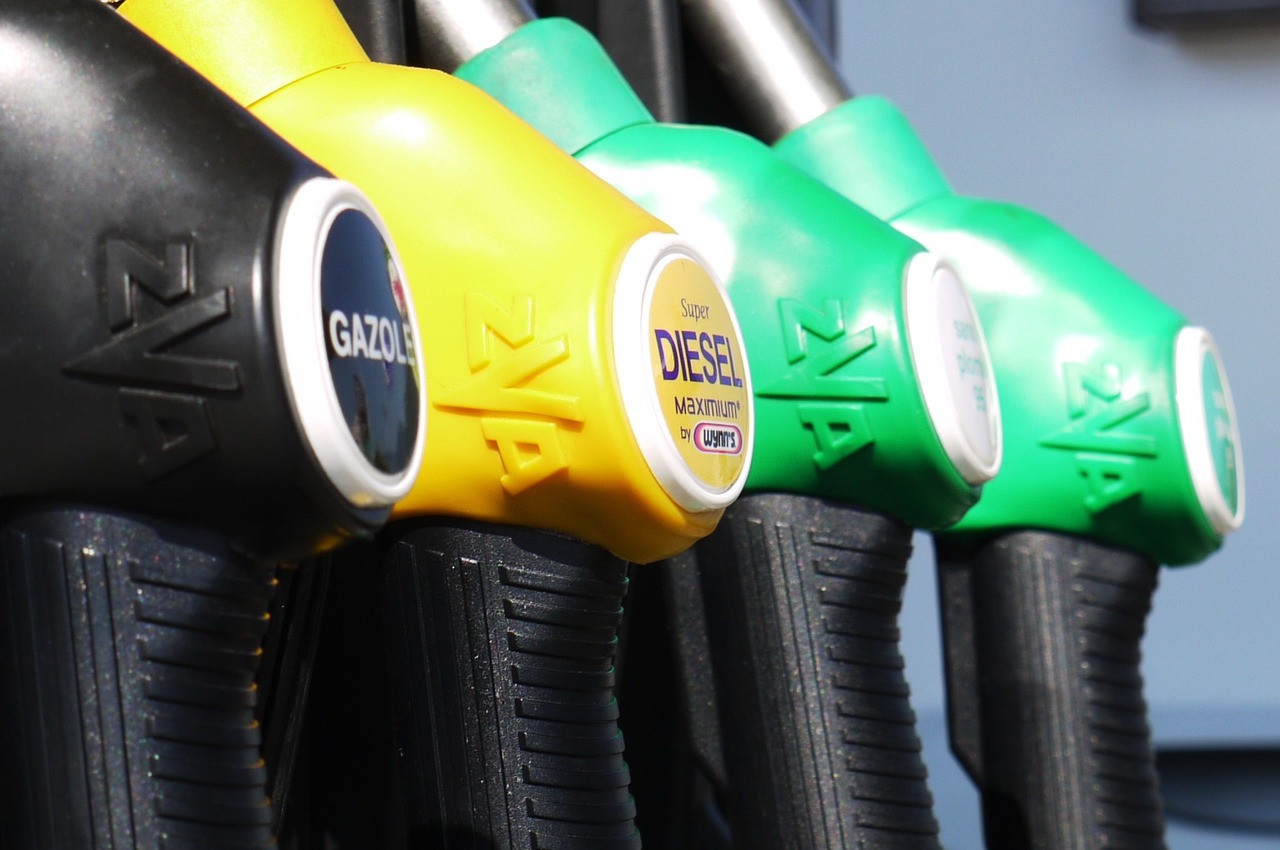 Image by David ROUMANET from Pixabay
Image by David ROUMANET from Pixabay
5. Regular Check of the Cooling System
Your car's cooling system is critical in maintaining the engine's health by keeping it at the optimal operating temperature. Overheating can cause significant engine damage. Thus, regular checks and maintenance of the cooling system - including the radiator, thermostat, water pump, and coolant levels - are crucial. Remember to use the correct type and mix of coolant, and never open the radiator cap when the engine is hot.
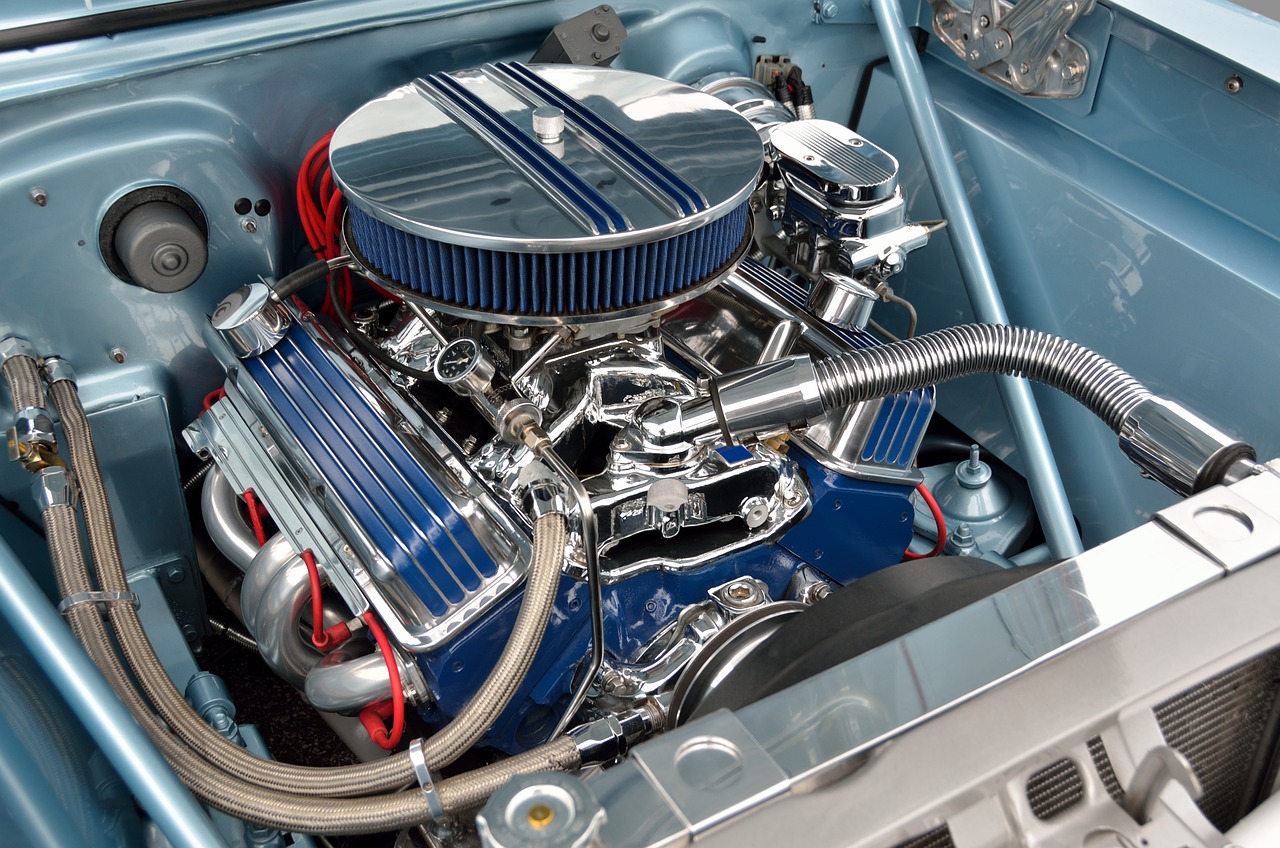 Image by Paul Brennan from Pixabay
Image by Paul Brennan from Pixabay
An engine is more than just a piece of machinery; it's the heart of your car. Ensuring it receives the care it deserves will deliver reliable performance for many years. Remember, proactive maintenance is always better (and cheaper) than reactive repairs. Follow these simple yet effective steps, and your car's engine will serve you faithfully.







